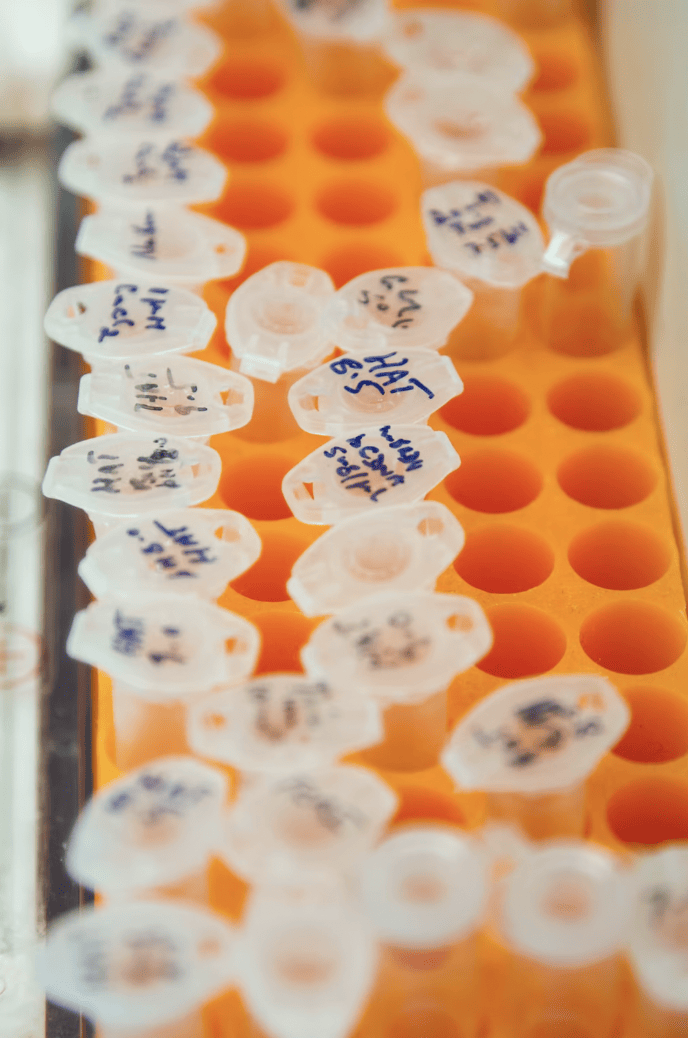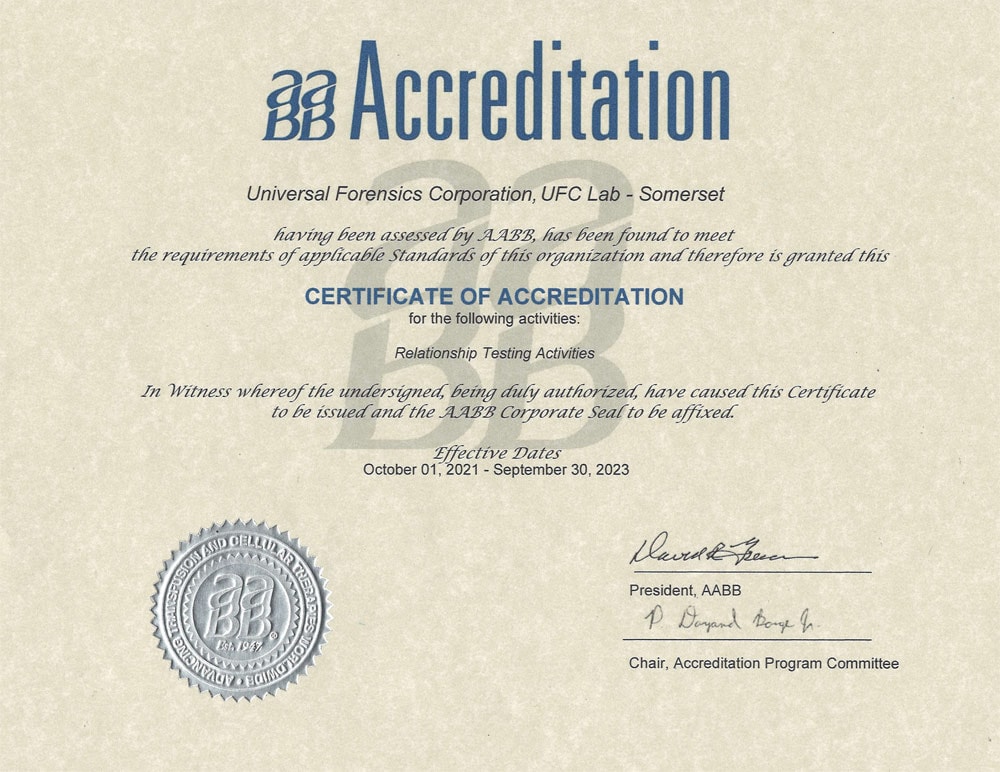How Paternity DNA Testing Can Resolve Paternity Disputes

Did you know that nearly 300,000 paternity tests are performed in the United States every year?
These tests are performed to verify or disprove a father’s paternity. Families are torn apart every day due to paternity disputes.
Paternity disputes are emotional and legal situations where the paternity of a father is being questioned. These disagreements can cause emotional anguish and influence the well-being of everyone involved.
Breakthroughs in science and technology have provided a viable solution to such disputes. Paternity DNA testing can confirm the biological relationship between a father and a child. This step provides clarity and closure to all parties concerned.
Keep reading to learn more about how paternity DNA testing can resolve paternity disputes.
Understanding Paternity DNA Testing
Paternity DNA testing is a scientific method for determining the likelihood of a biological tie between samples. Testing is done by swabbing, a blood test, and testing DNA from a child and their father.
At Relia Lab Tests, our tests come from a laboratory certified by the American Association of Blood Banks. Our testing has experts come collect blood samples to undergo genetic testing. We ensure that the chain of custody is maintained so all samples can be used in court.
The test compares certain areas of the genetic code. By looking at key DNA markers, or loci, this test can show the likelihood that a parent is a match to a child.
This testing shows that traits are inherited by both the child and the supposed father. Using DNA to verify a father’s identity gives you a full-proof way to verify or disprove paternity.
Children receive half of their genetic material from each of their biological parents. This genetic inheritance results in a one-of-a-kind combination of DNA markers in the child’s genetic profile.
The Accuracy of Paternity DNA Testing
Paternity DNA testing is one of the most accurate methods for establishing paternity. The shared DNA markers between the two samples can help calculate the probability of paternity.
Accredited centers have an accuracy rate of over 99.9%. This makes them admissible as legal evidence in court proceedings.
Scientists can compare two samples by evaluating numerous genetic factors. Accurate results are revealed by analyzing multiple DNA markers. Expansive testing minimizes the possibility of errors or false results.
Is It Legally Admissible?
The first wave of criminal trials employing DNA identification in the United States occurred in the 1980s. As testing became more accessible, it began to be used to prove paternity as well.
Paternity DNA testing is often accepted as legally binding evidence. Test results can carry great weight in court. Court-worthy tests must be provided by recognized and accredited testing laboratories.
The legal requirements for paternity testing may differ from one jurisdiction to the next. You need to speak with legal experts before you submit a paternity DNA test to the court
Resolution of Disputes
Paternity DNA tests play an important role in resolving disputes. Based on the findings of the paternity test, they can provide a variety of paths forward.
Establishing a Biological Father’s Identity
Paternity DNA testing provides indisputable proof of the child’s biological tie. It can definitively establish or deny paternity, bringing closure to all parties concerned.
Mitigate Estate Disputes
Paternity is not only called into question during a divorce or conflict in a marriage. Sometimes paternity must be proven when dealing with someone’s inheritance. DNA may be needed to verify a child’s biological father to help settle estate disputes.
Facilitate Child Support
Sometimes fathers are unwilling to provide child support without a verification of their paternity. In child support and custody cases, determining paternity is frequently required.
With verified paternity tests, courts can make educated choices concerning the custody and care of a child. DNA results can ensure financial support and visitation rights for biological parents. This testing is done to protect the child’s well-being and stability.
Closure
Paternity cases can be emotionally exhausting for all parties involved. The certainty offered by DNA testing can help relieve tension and distress. By finding answers, both parties can move on with their lives.
Clarity After Distrust
If a child’s paternity is called into question, there may be a cesspool of distrust. Without a verified paternity test, a child’s unknown parentage can lead to separation or divorce.
You can even conduct a paternity test at home. Home testing allows you to expedite the process before court proceedings. Home paternity tests cannot be used in court, although they are highly accurate.
When paternity is established, the biological father is encouraged to accept responsibility. The goal is to forge a healthy and supportive environment for the child.
What Is the Difference Between Voluntary and Court-Ordered Testing
Paternity DNA testing can be done freely by both the suspected father and the mother. Voluntary testing indicates mutual consent to determine paternity.
If one party is reluctant to undergo testing, a court may order the test to compel the prospective father to undergo testing. Court-ordered paternity tests ensure that all parties can present their case.
Utilize Paternity DNA Testing
Paternity disputes can be emotionally demanding and a legal mess. Paternity DNA testing provides a conclusive and scientifically supported solution to questioned paternity.
DNA testing is legally admissible and can confirm a biological tie between two parties. This evidence is helpful when settling paternity disputes.
Paternity DNA testing promotes the best interests of the child. DNA uncovers parenthood while encouraging responsible parenting.
If you are involved in a paternity dispute, conduct a paternity DNA test. This will assist you in navigating the difficulties and ensuring a fair resolution. Contact our team at Relia Lab Test if you are in need of paternity DNA testing.








